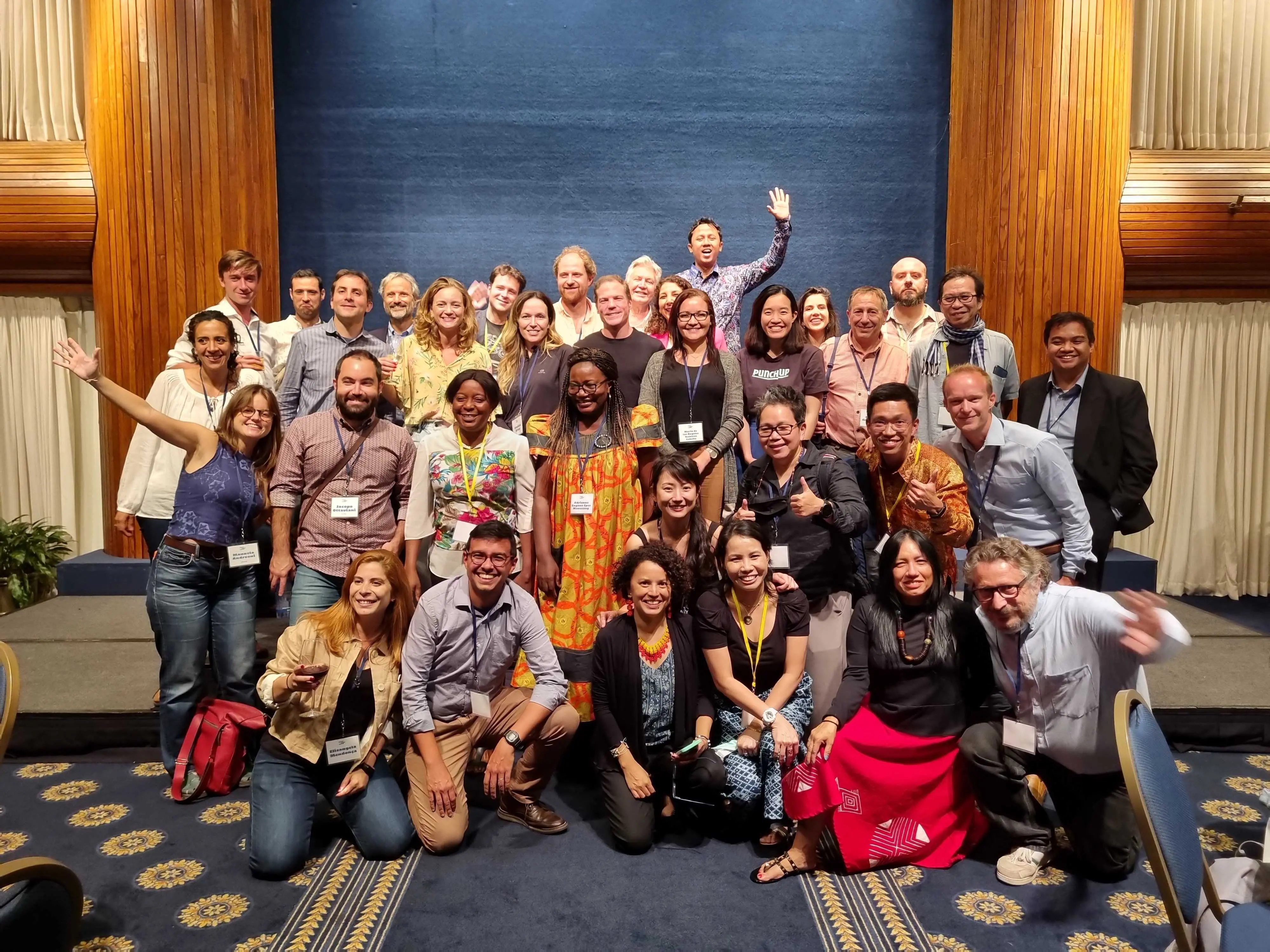#Interconnected22: Scenes from the Pulitzer Center Climate Conference
Country:

The Pulitzer Center brought more than 100 journalists from around the world to strategize and collaborate on climate crisis reporting in Washington, D.C., on June 9 and 10.
Interconnected: Reporting the Climate Crisis, the Center’s annual conference held virtually and in-person, featured discussions focused on our rapidly changing planet. The conference sessions are now available to view on the Center's YouTube playlist.
The conference was held at the National Press Club and covered numerous angles of the climate crisis — from the role of women fighting for climate justice, to climate change’s impact on the workplace, to deforestation in the Amazon, among other important topics. Moderators and featured speakers included Pulitzer Center staff and the organization’s award-winning grantees.

As a nonprofit journalism organization, we depend on your support to fund more than 170 reporting projects every year on critical global and local issues. Donate any amount today to become a Pulitzer Center Champion and receive exclusive benefits!
Conversations focused on people and communities threatened by climate issues. Panels discussed unique challenges when reporting in specific regions, from the Arctic Circle to rainforests. Speakers showcased reporting that made use of artificial intelligence and satellite imagery, as well as emphasized the importance of collaboration when tackling big stories.
Education and outreach also took center stage as the Pulitzer Center announced a new initiative during the Day 1 plenary: the International Education and Outreach Program, aimed at taking the Center's rainforest journalism to the broadest possible audience. Pulitzer Center K-12 staff members were featured in conversations about bringing climate issues into the classroom.
Click here to watch a playlist of conference videos featuring engaging discussions, camaraderie, and teamwork as Pulitzer Center journalists report on the issue of the century.
RELATED TOPICS
Support our work
Your support ensures great journalism and education on underreported and systemic global issues


